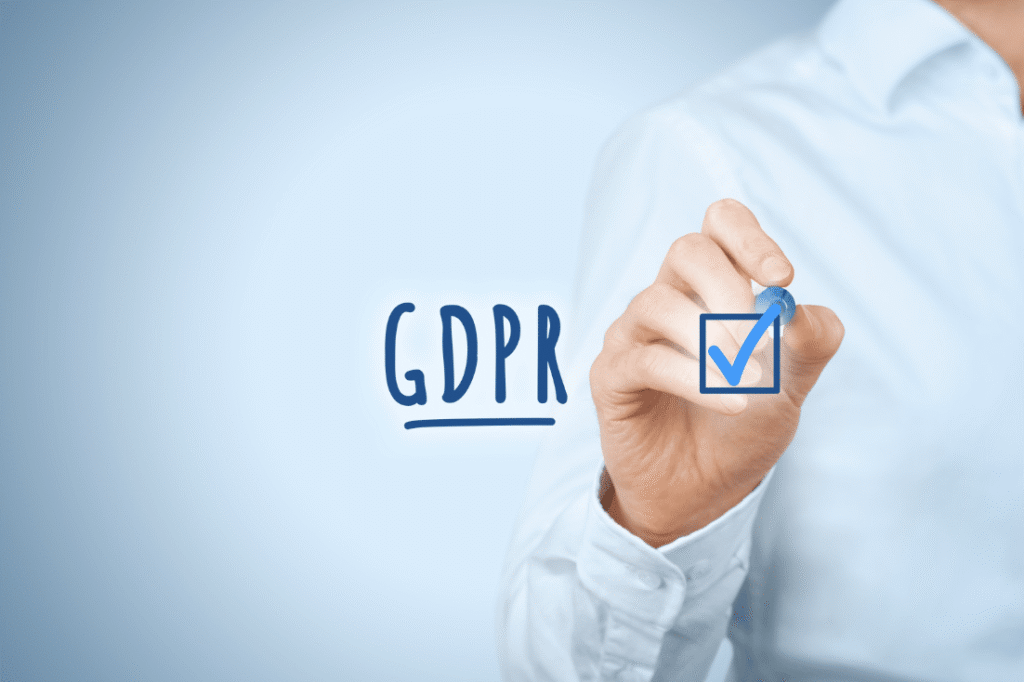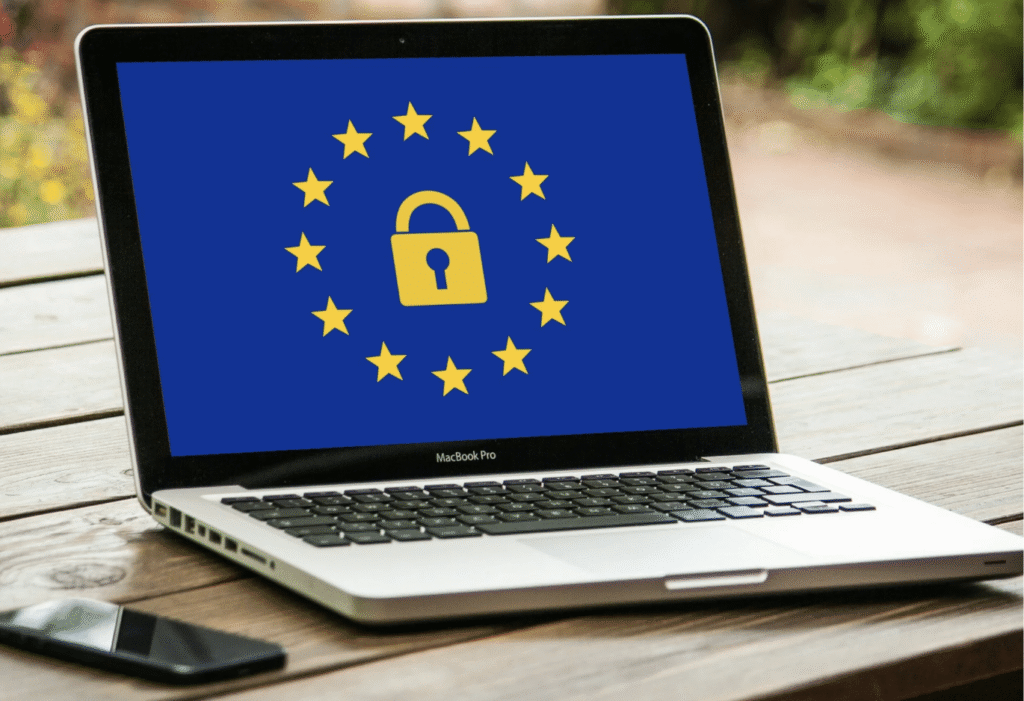In today's digital age, websites are a an integral part of any business or companyHowever, many of these websites do not comply with the regulations. It is worrying to know that the 90% of the websites do not comply with current legislation, such as the General Data Protection Regulation (GDPR) and the Data Protection Act.
In this article, we will focus on the importance of complying with regulations when creating web pages and we will offer advice practical to adapt your website to the GDPR and the Data Protection Law, ensuring that yours website complies with regulations.
Table of contents

My websites don't comply with regulations. What should I do?
If your website doesn't comply with the regulations, don't worry. We have some tips for adapting your website to the GDPR and the Data Protection Act. You can also contact us. directly.
Know the legal obligations
Before you begin designing or updating your website, it's crucial to understand the legal obligations you must comply with. This includes understanding the fundamental principles of the GDPR, such as the explicit consent of users for the processing of personal data, the obligation to have a clear and accessible privacy policy, and the implementation of appropriate security measures to protect user data.
Obtaining appropriate consent
One of the main pillars of the GDPR is obtaining proper user consent for the processing of their personal data. Ensure your website has a clear and accessible privacy policy, which explains in detail what information is collected, how it is processed, and with whom it is shared. Also, be sure to include a method for users to explicitly provide their consent.
Protect user data
Ensure the security of users' personal data by implementing appropriate protection measures. This may include data encryption, regularly updating security policies, and training staff on the importance of data protection.
Report cookies and online tracking
It's important to inform users about the use of cookies and other online tracking technologies. Provide clear and visible notification about the use of cookies on your website, as well as the ability to opt out of tracking using cookie management tools.
Keep your website updated
Keeping your website up-to-date is essential from both a security and regulatory compliance perspective. Regularly update the software and plugins used on your website to ensure they are up-to-date in terms of security and functionality. Regular updates not only improve protection against potential vulnerabilities but also ensure optimal performance of your website.
Remember that ongoing maintenance of your website will not only help you comply with current regulations, but will also provide a better user experience and improve trust in your site. Maintain a regular maintenance schedule and don't hesitate to seek professional advice if necessary to ensure your website is always up-to-date and meets the required standards.
Manage user rights
The GDPR grants users important rights regarding their personal data, such as the right to access, rectify, erase, or object to the processing of their data. Make sure you have appropriate procedures in place to manage these rights and respond to user requests within the timeframe established by law.
Stay up to date with legal changes
Data protection and privacy laws can change and evolve over time. It's important to stay up-to-date with relevant legal changes and adapt your website accordingly. Stay informed about updates and make any necessary changes to ensure continued regulatory compliance.

In Spain, the independent supervisory authority responsible for ensuring compliance with data protection regulations is the Spanish Data Protection Agency (AEPD). This Agency guarantees and protects citizens' fundamental right to the protection of their personal data.
Every time control is more continuous that the AEDP exercises on those companies that have a website that does not comply with the regulations, one of the Agency's tasks is apply fines as a form of sanction.
Some sanctions imposed by the AEPD
- Fine of 4,000 euros for not having a privacy policy on the website that complies with the GDPR (violation of article 13 of the GDPR)
- Fine of 2,000 euros Due to irregularities in its Cookie Policy, namely the use of unnecessary third-party cookies; the inability to reject cookies; and the lack of information required in the cookie banner (violation of Article 22.2 of the LSSI).
- Fine of 5,000 euros for failing to inform the customer about the purpose of processing their personal data (violation of Article 13 of the GDPR)
- Fine of 8,000 euros for not having legal clauses on the website and showing images without the express consent of the interested party (violation of articles 13 and 6.1 of the GDPR)
- Fine of 5,000 euros for not properly addressing the data subject's right of access (violation of article 5.1.c of the GDPR)
- Fine of 1,000 euros for failing to comply with a request from the Spanish Data Protection Agency (infringement of article 58.2 of the GDPR)
- Fine of 2,000 euros for repeatedly sending commercial SMS and for not responding to the interested party's request to unsubscribe (violation of article 21 of the LSSI)
- Fine of 6,000 euros to process data without the consent of the data subject (infringement of article 6.1b of the GDPR)
- Fine of 10,000 euros for not having a Data Protection Officer (violation of article 37 of the GDPR)
Comply with regulations, such as the GDPR and the Data Protection Law, is essential to guarantee user trust and protect their personal data. Adapting your website to these regulations is a fundamental step toward achieving a compliant website. Not only will you avoid legal sanctions, but you'll also establish a relationship of trust with your users.
Remember, legal compliance is an ongoing process and will require regular monitoring and updating. If you have questions or need professional advice, don't hesitate to consult with data protection and privacy experts.
Make sure your website is an example of legal compliance and demonstrate your commitment with the privacy and data protection of your users. A website that complies with regulations will not only be beneficial for your users, but also will improve your reputation and trust in your online business.
If you want to know more, contact us to obtain a free review of your website and receive advice on compliance with these regulations. We will be happy to help you adapt your website to legal requirements and ensure that you comply with all necessary requirements.



